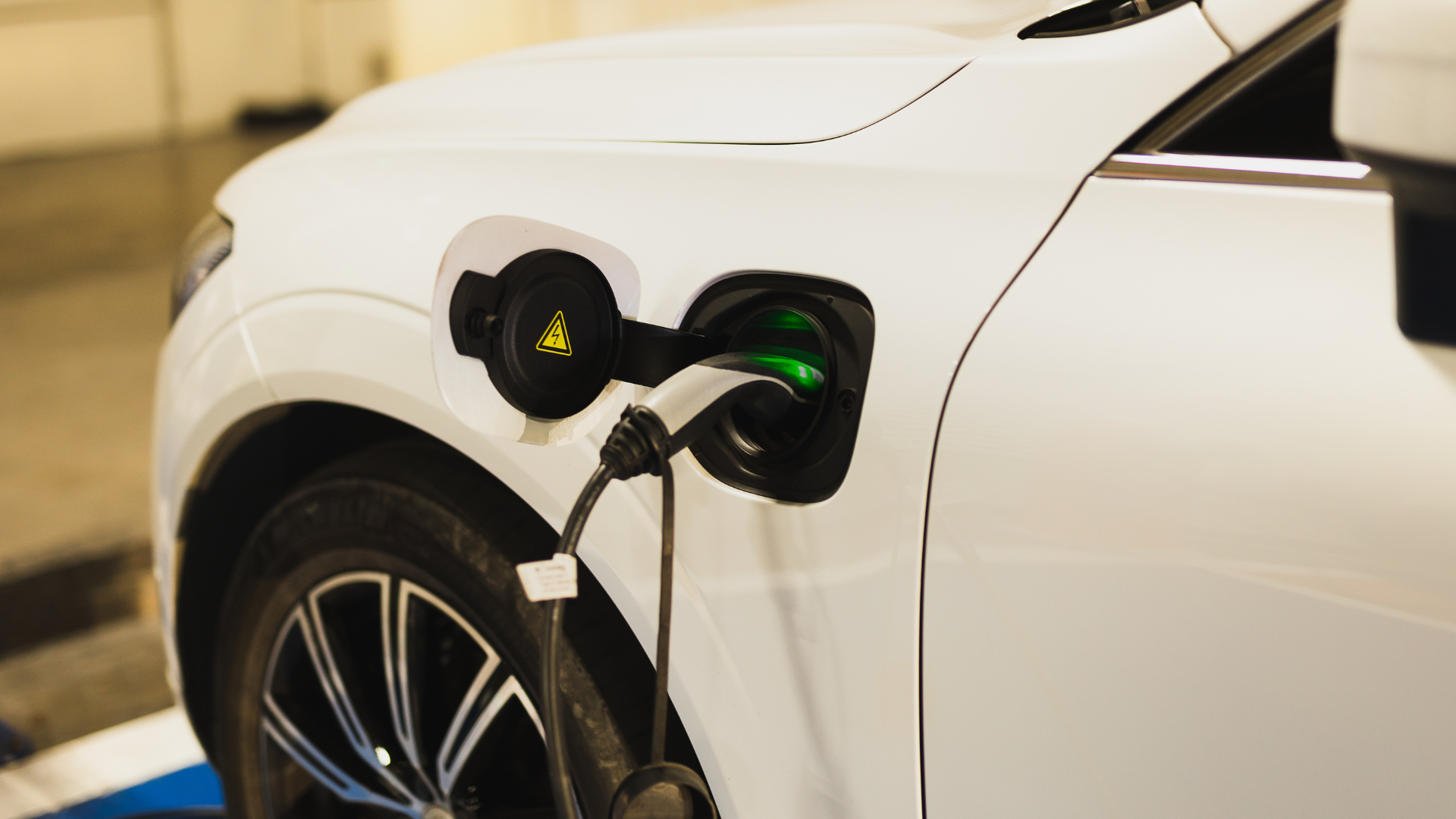
The United Kingdom is currently witnessing a remarkable transformation in its transportation landscape, driven by the rapid growth of electric vehicles (EVs). This shift towards cleaner and more sustainable transportation options is being facilitated by the impressive expansion of EV charging infrastructure across the country. In this blog, we will explore the significant developments and challenges surrounding the EV charging infrastructure growth in the UK.
The EV Revolution in the UK
The United Kingdom has committed itself to achieving net-zero carbon emissions by 2050, and the adoption of electric vehicles plays a crucial role in achieving this ambitious goal. Consequently, the government has been actively supporting the EV market through various initiatives and policies, with a strong focus on expanding the charging infrastructure.
Government Initiatives
One of the most notable government initiatives is the Road to Zero Strategy, which outlines a roadmap for transitioning to zero-emission road transport. It includes substantial funding for the installation of EV charging points, tax incentives for EV buyers, and stricter emissions standards for automakers. These measures have not only encouraged consumers to switch to electric vehicles but have also attracted private investments in charging infrastructure.
Public Charging Points
Public charging points are becoming increasingly common sights across the UK. These charging stations are strategically located in urban areas, along highways, and in parking lots, making it convenient for EV owners to charge their vehicles. The growth of public charging infrastructure is a testament to the government’s commitment to promoting electric mobility.
Home Charging Solutions
In addition to public charging stations, home charging solutions have gained popularity. Many EV owners choose to install charging stations at their residences, ensuring that they have a reliable and convenient way to charge their vehicles overnight. This approach not only reduces the reliance on public charging but also ensures that EVs are always ready for daily use.
Challenges and Solutions
While the growth of EV charging infrastructure in the UK is commendable, it has not been without its challenges.
- Charging Speed: One of the primary challenges is the speed of charging. While fast-charging stations are available, they are not as widespread as standard charging points. To address this, the government and private companies must invest in high-speed charging infrastructure to reduce charging times significantly.
- Range Anxiety: Range anxiety, the fear of running out of battery before reaching a charging point, remains a concern for some potential EV buyers. Expanding the charging network and improving its reliability can help alleviate this fear.
- Charging Costs: The cost of using public charging stations can be a deterrent for some EV owners. Government subsidies and price regulation on charging services can make EV ownership more affordable.
- Urban Congestion: In densely populated urban areas, the demand for charging infrastructure is high. Installing more charging points and promoting off-peak charging can help reduce congestion at charging stations.
- Sustainability: Ensuring that the growth of EV charging infrastructure aligns with sustainability goals is crucial. Using renewable energy sources to power charging stations and recycling EV batteries responsibly are important steps in this direction.
Looking Ahead
The future of EV charging infrastructure in the UK is promising. The government’s commitment to net-zero emissions and the growth of the electric vehicle market ensure that investments in charging infrastructure will continue. Moreover, advancements in battery technology are likely to reduce charging times and increase vehicle range, making EVs even more attractive to consumers.
Conclusion
The growth of EV charging infrastructure in the UK is a critical component of the country’s efforts to reduce carbon emissions and combat climate change. Government initiatives and private investments have led to the widespread availability of charging points, making electric vehicles a viable option for an increasing number of people. However, challenges such as charging speed, range anxiety, and charging costs must be addressed to further accelerate the adoption of electric vehicles. With continued support and innovation, the UK is well on its way to achieving a cleaner, more sustainable transportation future.
Download our brochure
Take a look at our brochure to find out more
